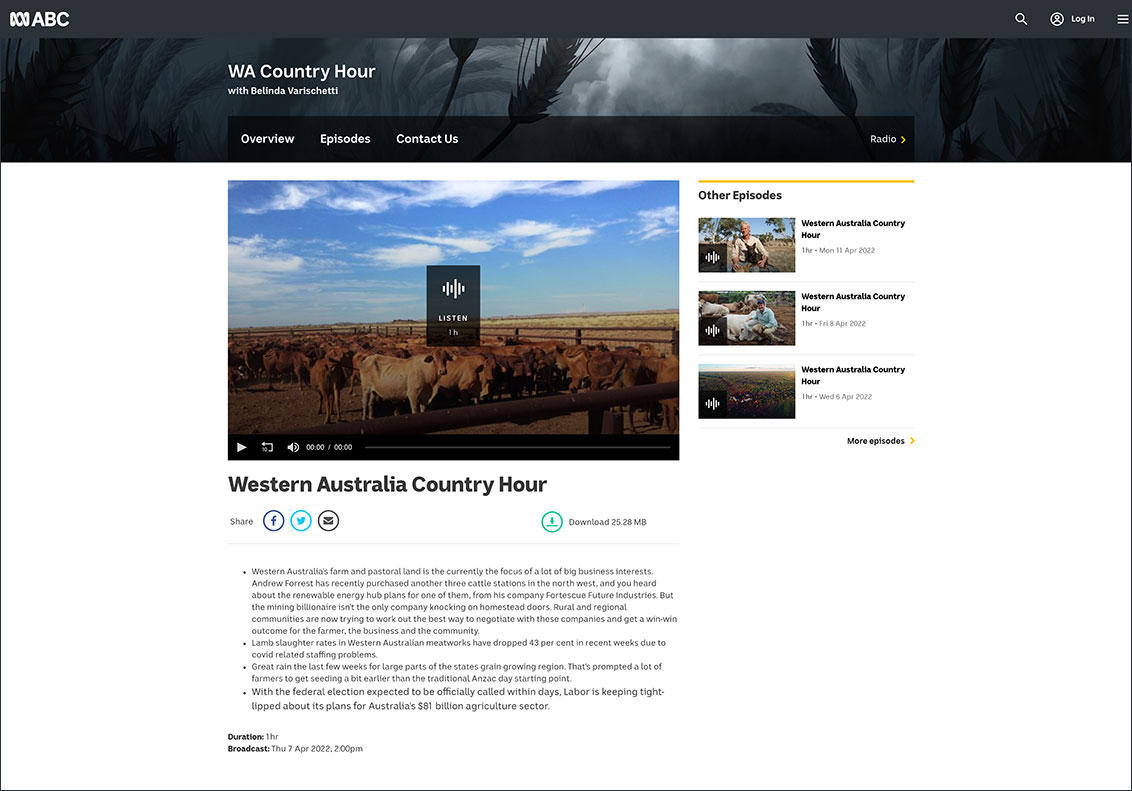Latest Articles
Proposed legislation to expand GasFields Commission’s remit
![]()
What are your views on the onshore gas industry and GasFields Commission Queensland?
![]()
Coexistence challenges and opportunities
![]()
Join the conversation to enhance coexistence in Queensland
![]()
Corrigendum to the report: Review of the Regional Planning Interests Act 2014 Assessment Process
![]()

